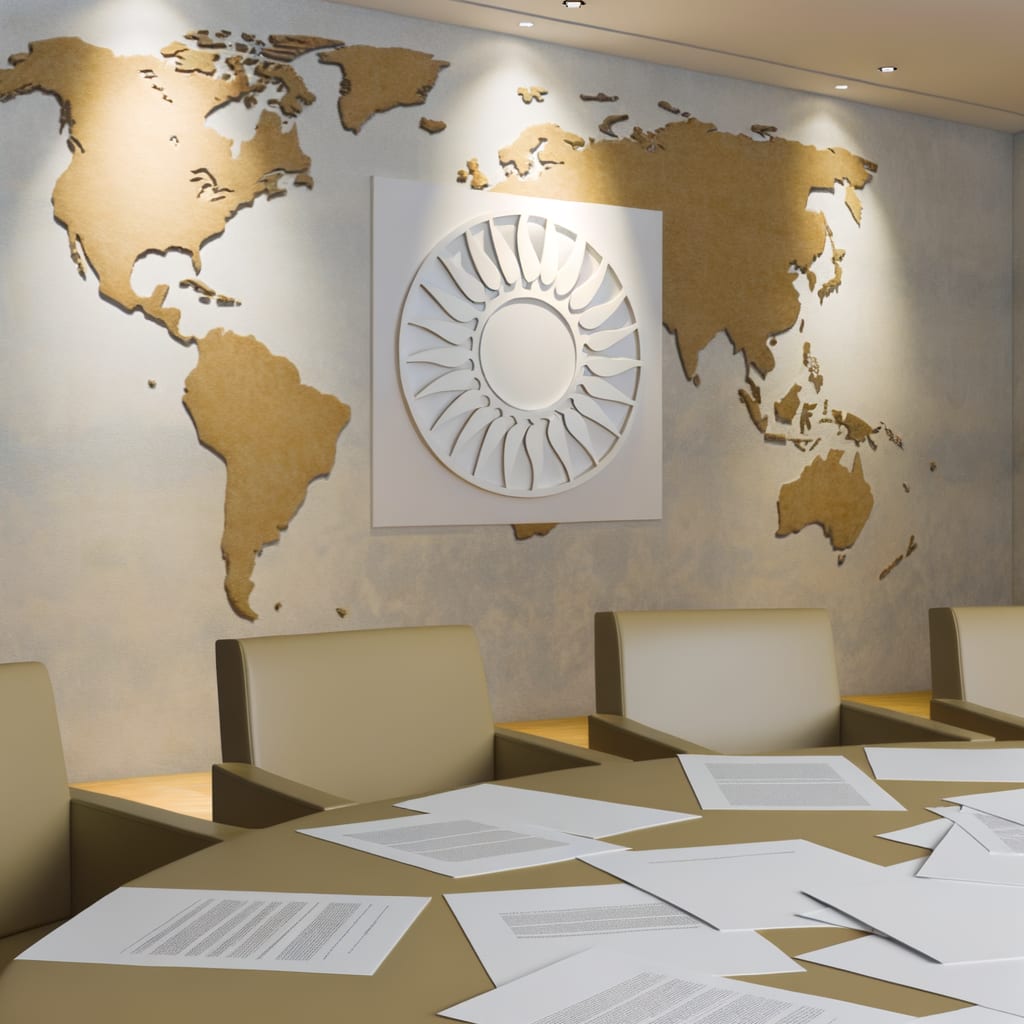US Designates Venezuelan 'Cartel de los Soles' as Terrorist Organization Amid Rising Tensions
The United States has formally designated Venezuela's 'Cartel de los Soles', an organization allegedly tied to the regime of President Nicolás Maduro, as a foreign terrorist organization. This move, aimed at combating drug trafficking into the U.S., has been met with skepticism and criticism, with Venezuela and some observers questioning the existence of the cartel.
Background and Context
The term 'Cartel de los Soles' originated in the 90s as a media reference to alleged corruption among Venezuelan military officers who reportedly wore Sun-shaped insignia on their uniforms. The Trump administration and Secretary of State Marco Rubio now assert that this organization is responsible for exporting illegal drugs into the U.S. and Europe, and for inciting violence across our hemisphere.
Venezuela has rejected these claims, describing the U.S. plan to designate the 'inexistent' Cartel de los Soles as a terrorist organization as 'ridiculous'. The Maduro regime has accused the US of using ‘narco-terrorism’ allegations to justify ‘regime change’.
Key Developments
The U.S. designation takes effect from Monday, placing the Cartel de los Soles in the same category as criminal factions such as the Venezuelan Tren de Aragua and the Mexican cartel of Sinaloa, as well as Al-Qaeda and Islamic State. This move has led to a series of reactions both domestically and internationally.
Airlines including Brazil’s Gol, Colombia’s Avianca, and TAP Air Portugal, have pulled Venezuelan flights following a U.S. aviation safety warning, coinciding with escalating pressure on President Nicolás Maduro. Meanwhile, Iran has publicly backed Maduro, condemning U.S. actions and warning of dangerous repercussions
from U.S. military activity in the region.
Reactions and Implications
The designation of the Cartel de los Soles as a terrorist organization opens up a range of options for an offensive against Caracas. The New York Times reported that President Donald Trump has given his approval for the CIA to carry out covert operations within Venezuela. This move aligns with the deployment of the largest U.S. military contingent in the Caribbean and increases tension with Caracas.
However, the U.S. approach has been met with criticism. Some analysts question the existence of the Cartel de los Soles, while others suggest that the Trump administration's real goal is to oust Maduro. Venezuela's government has accused the U.S. of peddling “ridiculous hogwash” about its supposed role in sponsoring “narco-terrorism”.
Current Status
Amid these rising tensions, President Trump has left the world guessing about his next move. He has simultaneously labeled President Nicolás Maduro the head of a terrorist organization while hinting the U.S. may be open to talks with the Venezuelan leader. As the situation unfolds, the international community watches closely for its potential impact on the political landscape in Venezuela and beyond.

